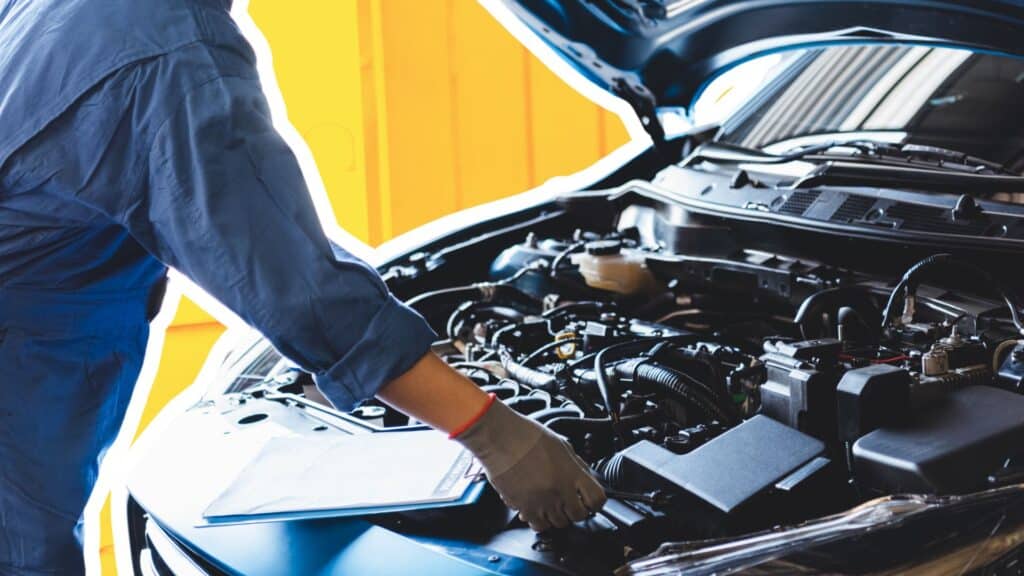Many car owners are unsure about tune-up timing. Taking care of your vehicle regularly helps keep it running well and prevents expensive fixes.
But figuring out how often you should get a tune-up can be tricky, as newer and older cars have different needs.
This guide will help you learn the right tune-up schedule based on your car’s age, miles driven, and performance.
We’ll examine signs that your vehicle needs attention and give useful tips for keeping it in good shape.
Following our advice on how often should you get a tune-up, you’ll be better prepared to take care of your car, use less fuel, and make it last longer.
Let’s explore vehicle tune-ups and learn how to keep your car running smoothly.
Understanding the Purpose of Tune-Ups
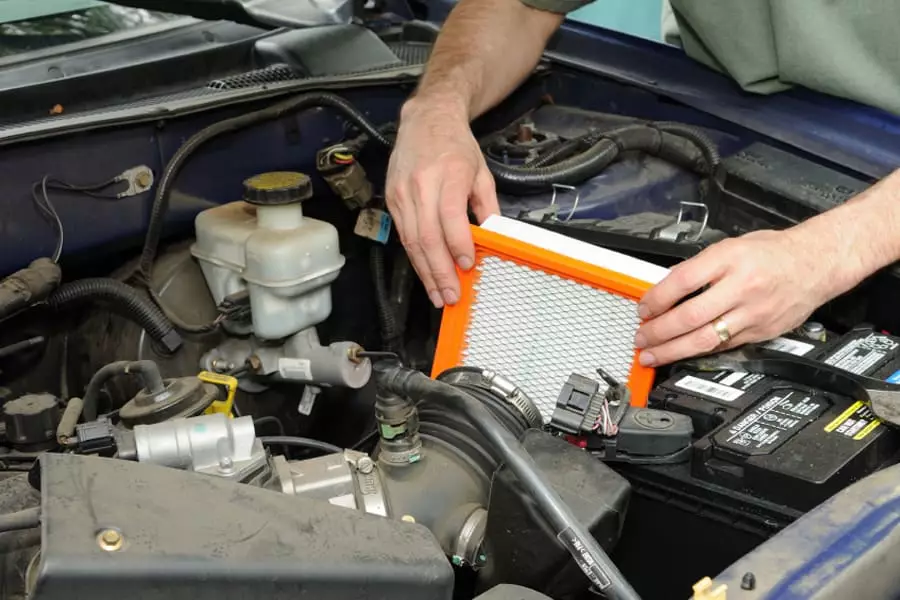
Before we look into tune-up timing, it’s helpful to know what a tune-up includes and why it’s important. This part will explain the main elements of a tune-up and how it helps your vehicle.
1. What is a Tune-Up?
A tune-up is a thorough maintenance service for your vehicle. It involves checking and adjusting various parts to ensure your car runs well.
This service is different from regular oil changes or tire rotations. It’s a more in-depth look at your car’s overall health.
2. Key Components Checked
During a tune-up, a mechanic will look at important parts such as,
- Spark plugs: These create the spark that ignites the fuel in your engine.
- Fuel system: This includes the fuel filter and injectors.
- Engine timing: Ensures your engine’s moving parts work together correctly.
- PCV (Positive Crankcase Ventilation) system: Helps remove harmful gases from the engine.
- Air filter: Keeps dirt and debris out of your engine.
- Belts and hoses: Checks for wear and proper tension.
The mechanic may also check your car’s fluids, including oil, coolant, and brake fluid.
3. Benefits of Regular Tune-Ups
Getting tune-ups when needed offers several advantages
- Better performance: Your vehicle will run more smoothly and have more power.
- Improved fuel efficiency: Using less fuel will save money on gas.
- Prevention of major issues: Catch small problems before they become big, expensive ones.
- Extended vehicle life: Regular care helps your car last longer.
- Safer driving: Well-maintained vehicles are less likely to break down unexpectedly.
- Lower emissions: A properly tuned engine produces fewer harmful emissions.
4. When to Get a Tune-Up
The frequency of tune-ups depends on your car’s age and model,
- Older cars (pre-1990s): Might need a tune-up every 10,000-12,000 miles.
- Newer cars: Can often go 25,000-100,000 miles between tune-ups.
Always check your owner’s manual for specific recommendations. Also, pay attention to how your car runs.
If you notice any changes in performance, it might be time for a tune-up. By performing these routine checks, you’re investing in your vehicle’s health.
This means fewer unexpected breakdowns, a more reliable ride, and, often, lower overall maintenance costs in the long run.
Factors Influencing Tune-Up Frequency
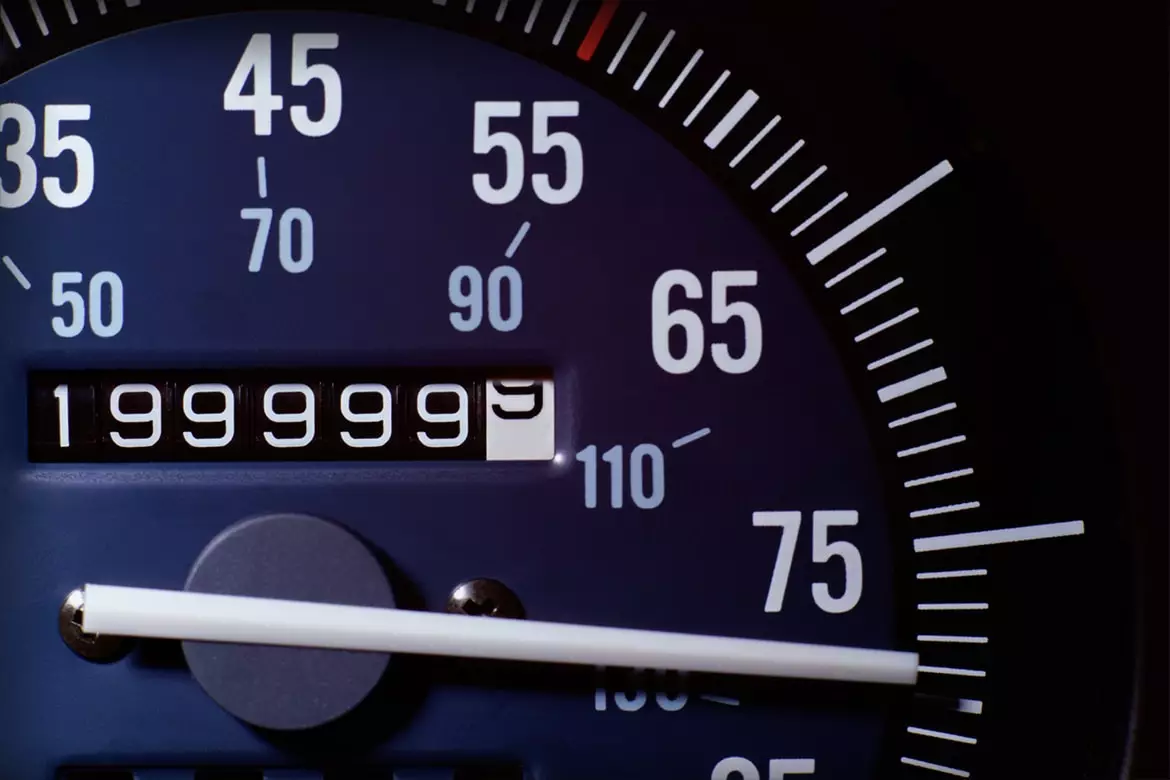
How often you should get a tune-up depends on several factors. Let’s look at the main ones.
1. Age and Mileage
The age of your car and how many miles it has driven play a big role in tune-up timing. Older vehicles, typically those made before the 1990s, need more frequent attention.
These cars usually require a tune-up every 10,000-12,000 miles or at least once a year, whichever comes first.
On the other hand, new vehicles are built with more advanced technology. They can often go much longer between tune-ups, sometimes as far as 25,000 to 100,000 miles.
This wide range depends on your car’s specific make and model. It’s important to note that these are general guidelines.
Always check your car’s manual for the best advice for your particular vehicle. The manufacturer’s recommendations are tailored to your car’s specific needs.
2. Driving Conditions
The conditions you drive in can affect how often your car needs a tune-up
- City driving with lots of stops and starts puts more stress on your car
- Harsh weather, like extreme heat or cold, can also wear out parts faster
- Dusty or polluted areas may require more frequent air filter changes
If you often drive in these conditions, you might need tune-ups more often than the manual suggests.
3. Driving Habits
How you drive can impact your car’s need for tune-ups
- Quick starts and sudden stops wear out parts faster
- Speeding and aggressive driving put extra strain on the engine
- Carrying heavy loads frequently can affect your car’s performance
If you tend to drive more aggressively or put extra stress on your vehicle, you may need to schedule regular tune-ups to keep everything running smoothly.
Remember, these are general guidelines. Pay attention to how your car runs and sounds. If you notice any changes, it might be time for a check-up, even if you haven’t reached the suggested mileage.
General Guidelines for Tune-Up Frequency
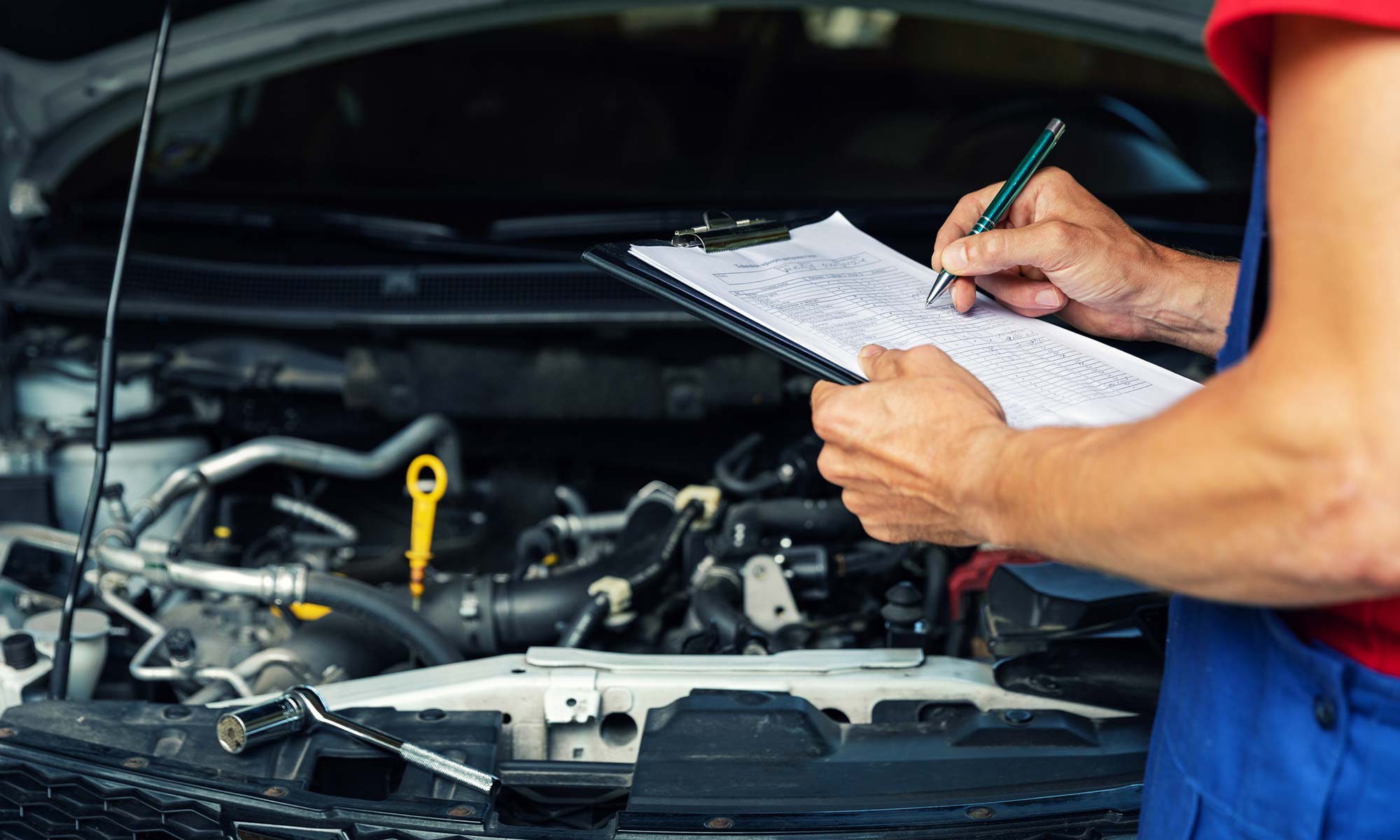
While specific needs vary, here are some general rules to help you decide when to get a tune-up
1. Regular Inspections
Even if your car seems to be running well, it’s wise to have it checked by a professional at least once a year.
These regular check-ups can catch small issues before they become big problems. During these inspections, a mechanic will,
- Look over your car’s main systems
- Check fluid levels
- Spot any signs of wear or damage
Think of it as a yearly health check-up for your car. It’s a smart way to keep your vehicle in good shape and avoid surprise breakdowns.
2. Manufacturer’s Recommendations
Your car’s owner’s manual is a valuable resource for maintenance schedules. Car makers design these guidelines based on extensive testing of your specific model. They know best how often your car needs care. The manual will tell you,
- When to change oils and filters
- How often to replace spark plugs
- When to check and replace belts and hoses
Following these recommendations can help your car run better and last longer. Keep your manual handy and refer to it often.
3. Listen to Your Vehicle
Your car often gives clues when it needs attention. Pay attention to how it runs and sounds. It might be time for a tune-up if you notice any of these signs.
- Decreased performance: Your car feels less powerful than usual
- Lower fuel efficiency: You’re filling up more often
- Trouble starting: The engine takes longer to turn over
- Rough idling: The car shakes or vibrates when stopped
- Unusual sounds: New noises, especially from the engine area
Don’t ignore these signs. They often mean your car needs some care. When you first notice these issues, getting a tune-up can prevent more serious problems.
Remember, these are general guidelines. Every car is different, so use these tips, your manual’s advice, and your own judgment to keep your vehicle running smoothly.
Signs Your Car Needs a Tune-Up
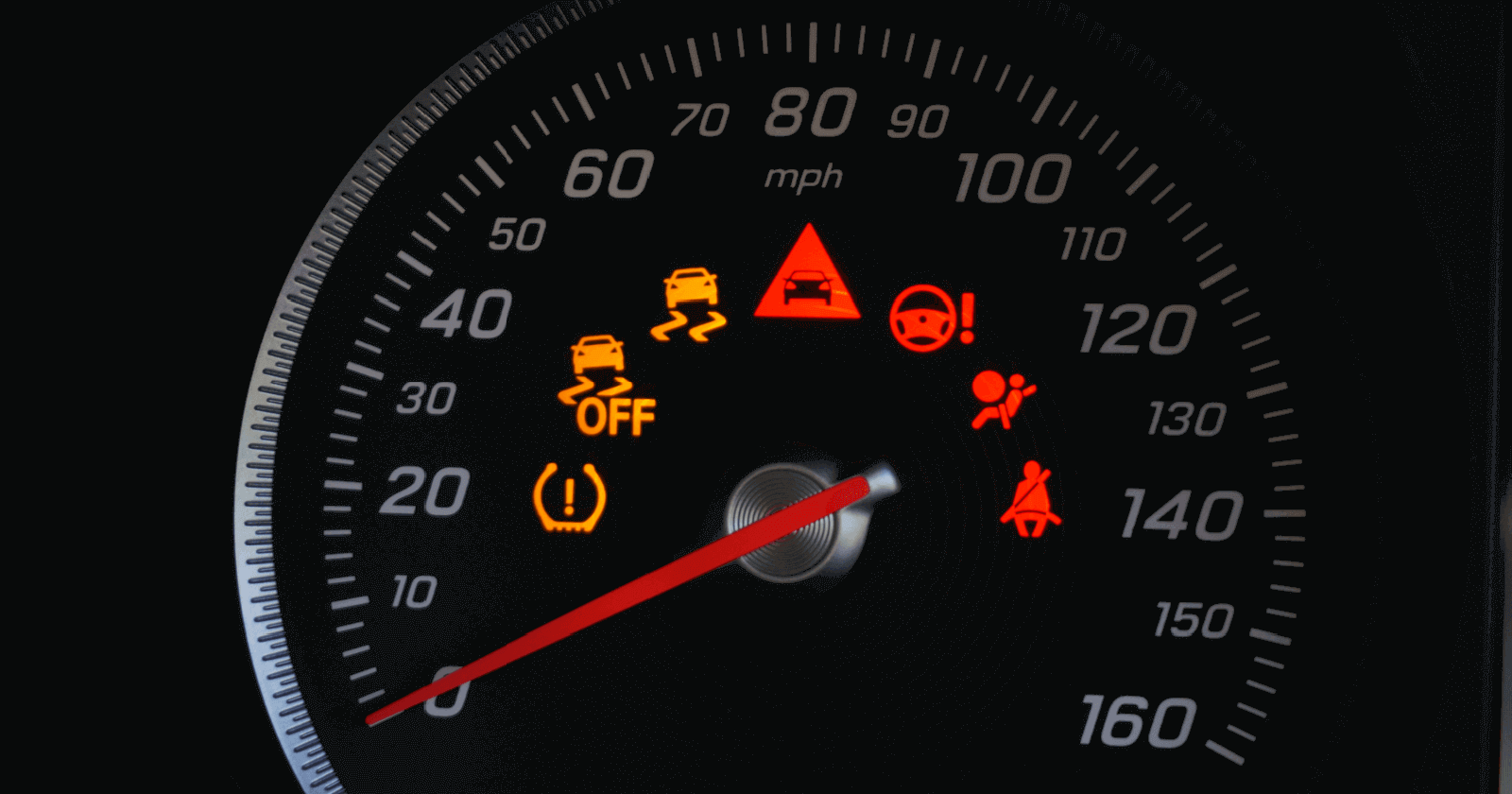
Your car often gives you hints when it’s time for a tune-up. Here are some key signs to watch for.
1. Decreased Fuel Mileage
If you’re stopping at the gas station more often, your car might tell you something. Keep an eye on your miles per gallon (MPG).
A big drop in fuel efficiency could mean your vehicle needs attention. Several factors can affect fuel mileage.
- Engine performance
- How well your emissions system works
- Wheel alignment
If you notice you’re using more gas than usual, it might be time for a check-up.
2. Weird or New Noises
Strange sounds from your car are rarely a good sign. Two types of noises to watch out for.
- Thumping: This could mean a part has come loose.
- Screeching: Often a sign that your car is low on fluids.
Don’t ignore these sounds. They usually mean something needs fixing, and the problem will likely worsen.
3. Diminished Braking Capacity
Your brakes are crucial for safety. If you notice any changes in how they work, take it seriously. Watch out for.
- The brakes feel less responsive.
- The car shakes when you press the brake pedal.
These signs could mean your brakes need work. It’s best to get them checked right away.
4. Ignoring Warning Lights
That little engine-shaped light on your dashboard is there for a reason. If it comes on, your car tries to tell you something’s wrong.
Don’t wait to get it checked out. A lit check engine light often means it’s time for a tune-up.
5. Engine Refusing to Start
If your car won’t start or struggles to get going, it could be due to.
- Worn-out spark plugs
- A weak battery
Both of these issues can be found and fixed during a tune-up. Remember, catching these problems early can save you money and keep you safer on the road.
If you notice any of these signs, having your car looked at by a professional is a good idea.
Final Words
Knowing how often should you get a tune-up is key to keeping your car running smoothly.
While the exact timing varies based on your car’s age, driving conditions, and habits, regular maintenance is always smart.
Pay attention to your car’s performance, follow your owner’s manual, and don’t ignore warning signs.
Remember, a tune-up isn’t just about fixing problems but about preventing them. By staying on top of your car’s needs, you’ll enjoy better fuel efficiency, improved performance, and a longer-lasting vehicle.
Plus, you’ll avoid costly repairs down the road. Whether you’re due for a tune-up now or want to be prepared, use this guide to help you make informed decisions about your car’s care. Your vehicle will thank you for years of reliable service.

